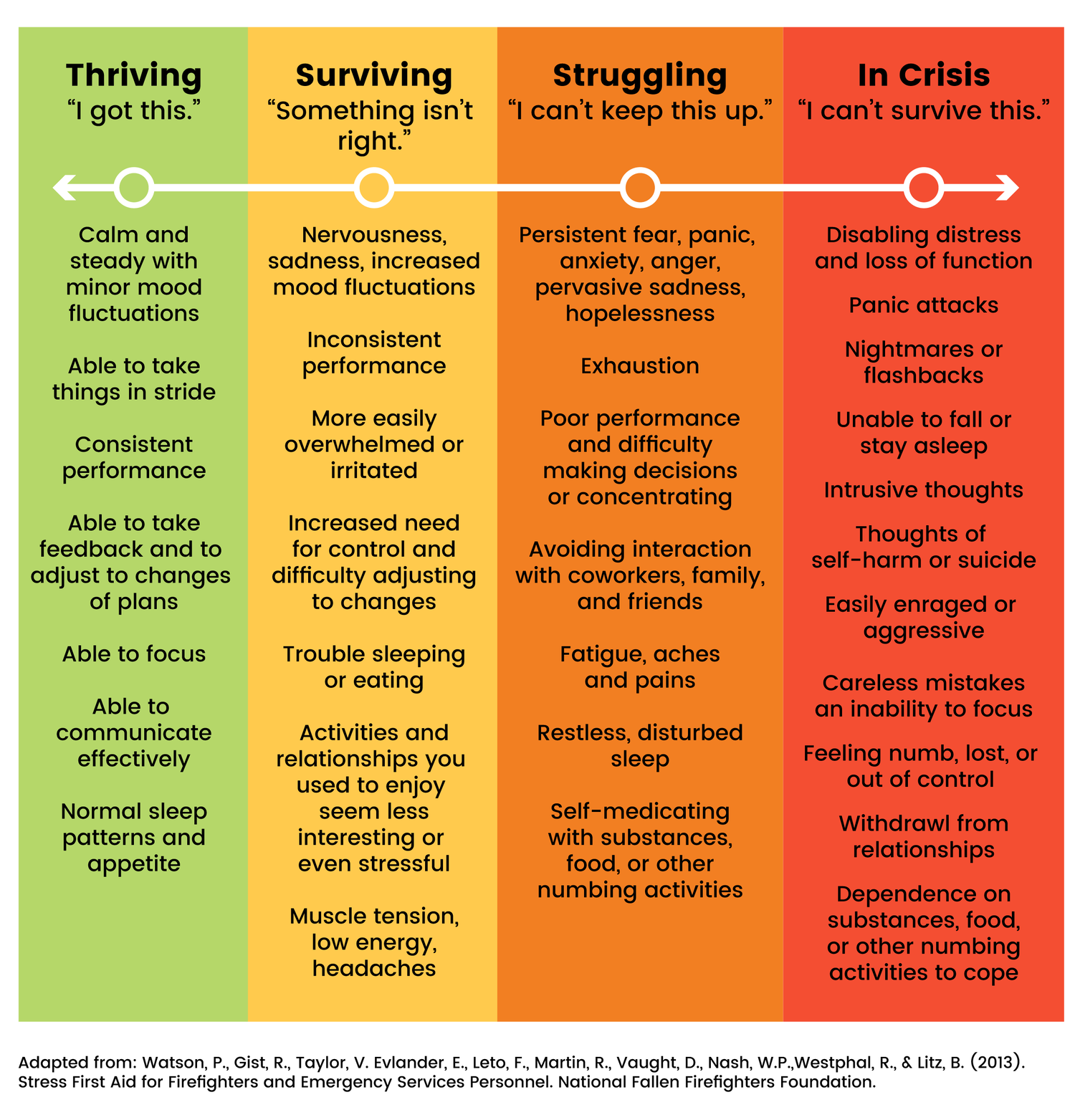What is mental health?
The World Health Organization defines mental health as “a state of well-being in which the individual realizes his or her own abilities, can cope with the normal stresses of life, can work productively and fruitfully, and is able to make a contribution to his or her community”.
So often in our society, we use the term “mental illness” to mean things like severe Schizophrenia and Schizoaffective Disorder. This is understandable, given that individuals that suffer from disorders like these are often very severely impaired — but this can lead to a troublingly binary way of thinking about mental illness and mental health.
When only extreme cases of mental illness get categorized as such, it can give the impression that everything else constitutes mental health. This is problematic, because it can lead those who are suffering in less extreme ways to blame themselves for their condition. They are led to think of themselves as a failure, rather than as someone who is suffering. This kind of self-criticism is problematic primarily because it presents a formidable obstacle — making it more difficult for the individual to overcome their mental illness. The point here is that we need a new way of thinking about what mental health (and mental illness) look like.
For most individuals, there is no simple “yes” or “no” answer to the question “am I mentally healthy?”. This is because mental health is a continuum, not a binary category. It is multifaceted and complex, made up of multiple interrelated continua. In this respect, it is actually very similar to physical health — and seeing it as such may be part of what is necessary, for many individuals, in order to attain it.
